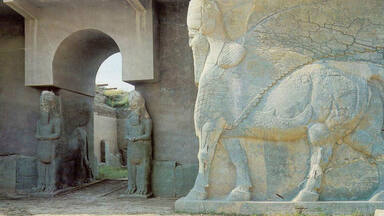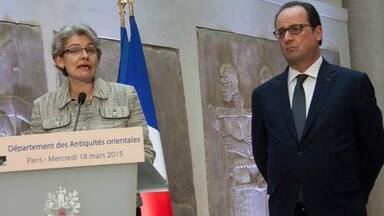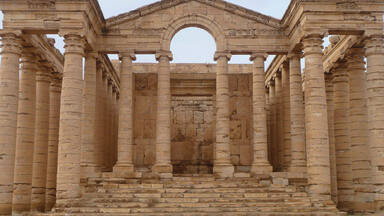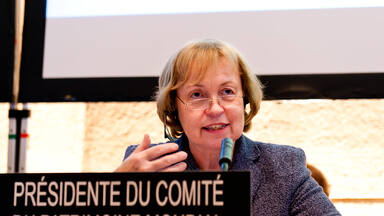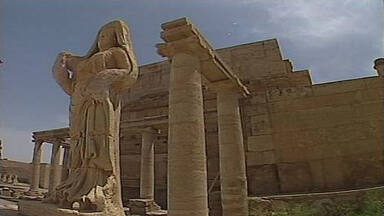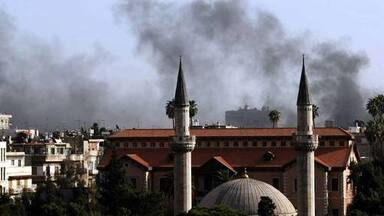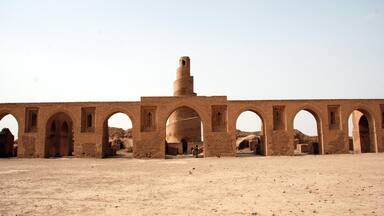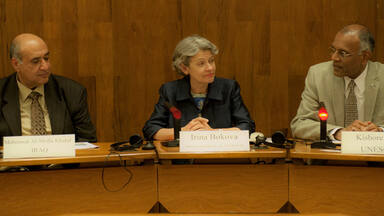UNESCO Director General condemns destruction of Nimrud in Iraq
“I condemn in the strongest possible manner the destruction of the archaeological site of Nimrud site in Iraq. This is yet another attack against the Iraqi people, reminding us that nothing is safe from the cultural cleansing underway in the country: it targets human lives, minorities, and is marked by the systematic destruction of humanity’s ancient heritage,” said UNESCO Director General Irina Bokova.
“We cannot remain silent. The deliberate destruction of cultural heritage constitutes a war crime. I call on all political and religious leaders in the region to stand up and remind everyone that there is absolutely no political or religious justification for the destruction of humanity’s cultural heritage.
“I call on all of those who can, especially youth, in Iraq and elsewhere, to do everything possible to protect this heritage, to claim it as their own, and as the heritage of the whole of humanity.
“I appeal also to all cultural institutions, museums, journalists, professors, and scientists to share and explain the importance of this heritage and the Mesopotamian civilization. We must respond to this criminal chaos that destroys culture with more culture.
“I have alerted the president of the Security Council as well as the Prosecutor of the International Criminal Court. The entire international community must join its efforts, in solidarity with the government and people of Iraq, to put an end to this catastrophe.
Likewise, UNESCO is determined to do whatever is needed to document and protect the heritage of Iraq and lead the fight against the illicit traffic of cultural artefacts, which directly contributes to the financing of terrorism. At stake is the survival of the Iraqi culture and society”
The city of Nimrud (Kahlka), was founded more than 3,300 years ago. It was one of the capitals of the Assyrian empire. Its frescos and works are celebrated around the world and revered in literature and sacred texts. The Iraqi government has confirmed that the site was attacked by armed extremists using bulldozers on the 5th of March.
Media contact:
Sue Williams, tel: +33 (0)1 4568 1706; s.williams(a)unesco.org

